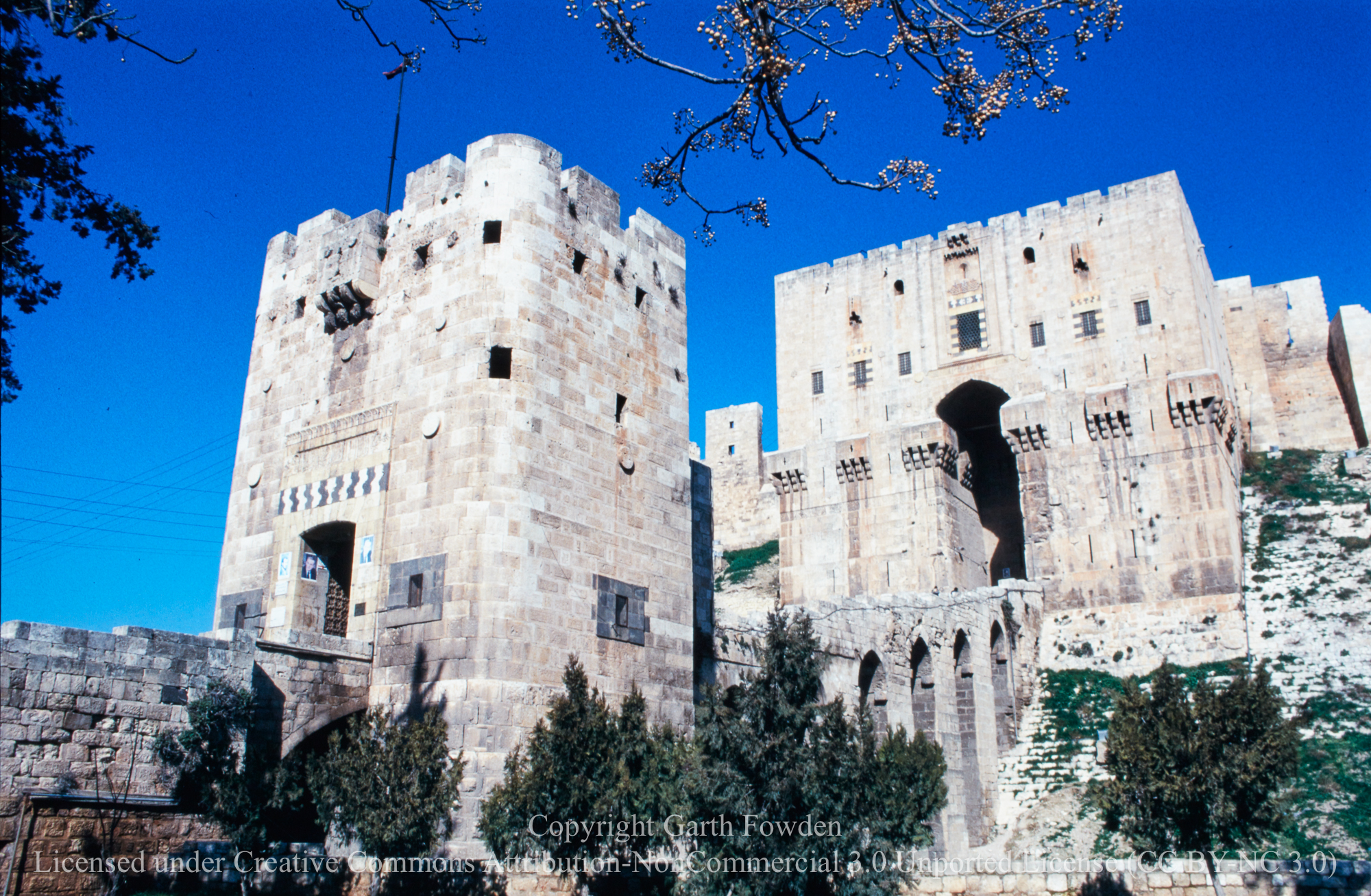Fowden's Digital Photographic Archive
[From the website (accessed 09/07/2020)]
The photographic archive he assembled during travels mainly in the Middle East and Greece has been digitized by Cambridge University Library and was published on-line in February 2018: https://cudl.lib.cam.ac.uk/collections/landscapes/1.
Garth Fowden is a historian of first millennium CE Eurasia, who in pursuit of his interests has travelled extensively in the Mediterranean, the Middle East and North Africa. For the greater part of his career he has lived and worked in Greece. This site presents a digitized version of the photographic archive he developed while conducting research on the landscapes and monuments of these regions.
....
From 1977 Fowden began to travel systematically in the Middle East including Turkey, but photography did not become a priority until 1986. The latest items in the archive date from 2007. The main regions covered are Greece, Turkey, Syria, Jordan, Iran and Yemen, and less extensively Spain, Italy, Lebanon, Palestine and Egypt. The strengths of the collection, reflecting Fowden's research and teaching interests at different periods, are:
- the relationship between settlement and landscape;
- fortification, and the evolution of the urban tissue, especially in the late Roman period;
- religious architecture, especially the conversion of holy places, monasticism, and the emergence of Islam;
- art and epigraphy preserved in architectural or archaeological contexts;
- traditional domestic architecture.
Within each site, the photographs are arranged in a sequence designed to convey some sense of a physical visit, sometimes starting and/or ending with more general shots of the surrounding landscape and of the routes that traverse it. Photographs taken on site are occasionally supplemented by items from museums or print publications designed to make the collection more suitable for teaching purposes.
The documentation of Palmyra, Aleppo (where Fowden spent the first half of 1996 as the guest of the Syrian Orthodox Archbishop Mar Gregorios Yohanna Ibrahim), and the Yemen, has particular value and poignancy in the light of recent events. Even more than war, though, it has been urbanization, the construction of dams, and the extensive irrigation of formerly arid areas, that has transformed the region in recent decades. Many of the places recorded will be inaccessible to foreign visitors for the foreseeable future, and are anyway changed beyond recognition.
For a brief introduction to the archive’s background and themes, and a sampling of its contents, click here



